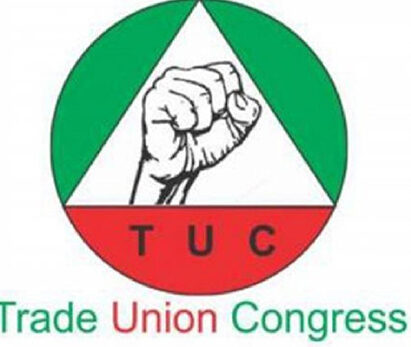Hardship: TUC Calls for New Minimum Wage, Importation of Essential Food Items
The Trade Union Congress (TUC) has called on the federal government to establish a new minimum wage to address the country’s rising cost of living.
Since the termination of fuel subsidies, the cost of living in Nigeria has risen dramatically, and inflation rates are reaching new highs.
Although there have been rallies and discussions between trade unions and authorities to implement measures to alleviate the suffering, TUC President Festus Osifo has called for a reconsideration of the N30,000 minimum wage.
He spoke during a press event in Abuja on Monday, less than 24 hours before the Nigeria Labour Congress (NLC) launched a statewide protest over the high cost of living.
Osifo informed the audience that the union’s call for a new minimum wage is one of the measures it has proposed to solve the country’s economic crisis.
He claimed that the dropping value of the naira versus the dollar in the foreign exchange market has further undermined the value of the minimum wage.
The TUC leadership is thus advocating for the passage and implementation of a new minimum wage law that reflects current economic realities.
According to him, the Federal Government’s economic team should work towards a more realistic naira-to-dollar exchange rate, which they estimate to be between N500 and N800. The union also urged cracking down on currency speculators, particularly those operating online, who they claim have caused a reduction in remittances from outside.
Osifo also suggested that the government reconsider levies on certain important products imported into the nation to alleviate the suffering. This is because unionists pushed the Nigeria Customs Service (NCS) to assist trade rather than simply celebrating revenue receipts.
The TUC thus demands that the Director General of the NCS allow the importation of basic food goods promptly in order to mitigate the effects of growing living costs.
They also requested that the Port Harcourt refinery begin shipping products by the end of the first quarter of 2024.
The TUC president blamed insecurity for the recent surge in food prices, pointing out that many farmers had not returned to their farms as a result.




